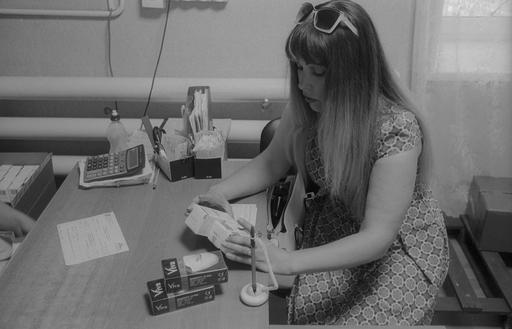During the 1990s, MSF teams made a bitter observation: we were failing to treat some of our patients suffering from infectious diseases, while in developed countries, remarkable progress was being made in the field of health. Two decades on, medicines in developing countries are still either too expensive, aren't suitable to be used in many of the contexts in which we work (for example, in hot, humid conditions or where there's a lack of electricity), or simply don't exist for the diseases we need to treat.
In 1999, we launched the Campaign for Access to Essential Medicines, now known as the Access Campaign. Its mission focuses on three areas: overcoming barriers to access to essential medicines, stimulating research and development for neglected diseases, promoting health exceptions to global trade agreements.
In 2003, MSF joined several research institutes, including the Institut Pasteur, to create the Drugs for Neglected Diseases initiative (DNDi), a non-profit research and development organisation engaged in research and development of new treatments for neglected diseases.
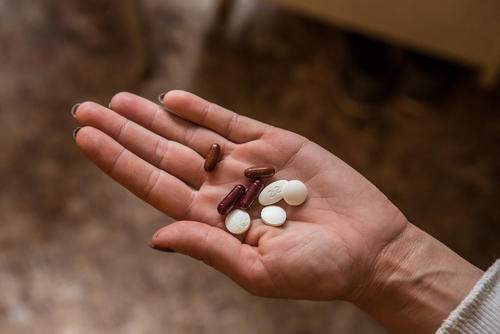
Calling on governments to scale up oral TB treatment
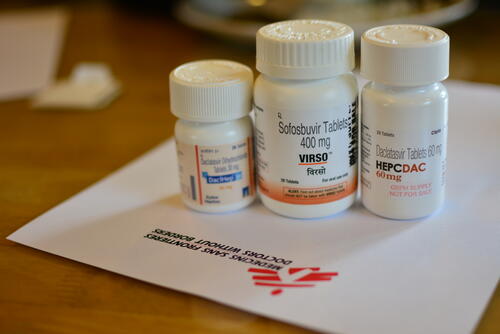
Appeal lodged against decision to uphold Gilead’s patent on hepatitis C drug
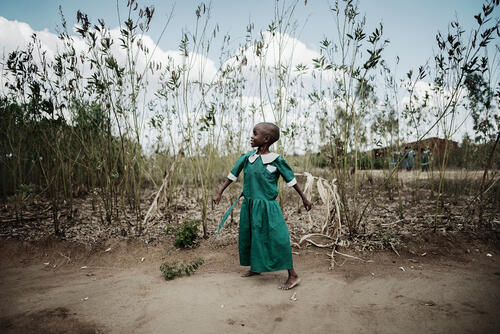
Pharmaceutical corporations are failing children with HIV
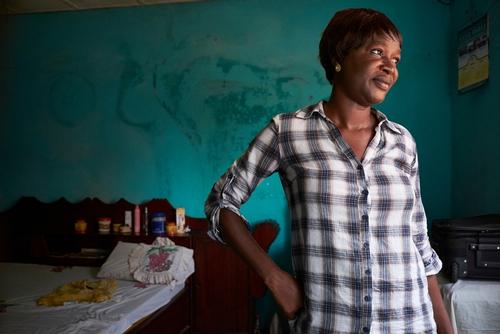
HIV and TB treatment at risk as countries gradually lose Global Fund support
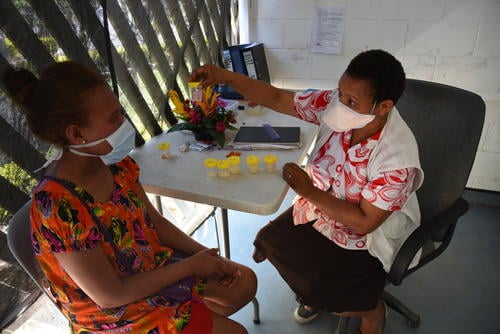
High prices restrict access to best drug-resistant tuberculosis treatment
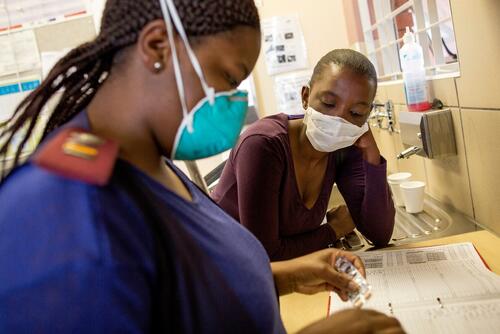
DR-TB Drugs Under the Microscope, 5th Edition (Abridged)
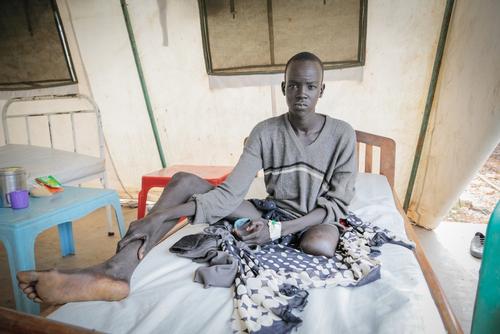
Time to strike back at snakebite and end the antivenom access crisis
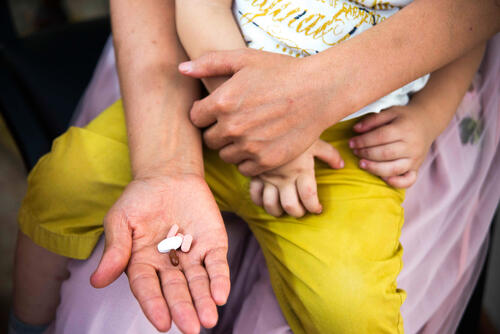
Open Letter to J&J: Calling for affordable access to critical TB drug bedaquiline
